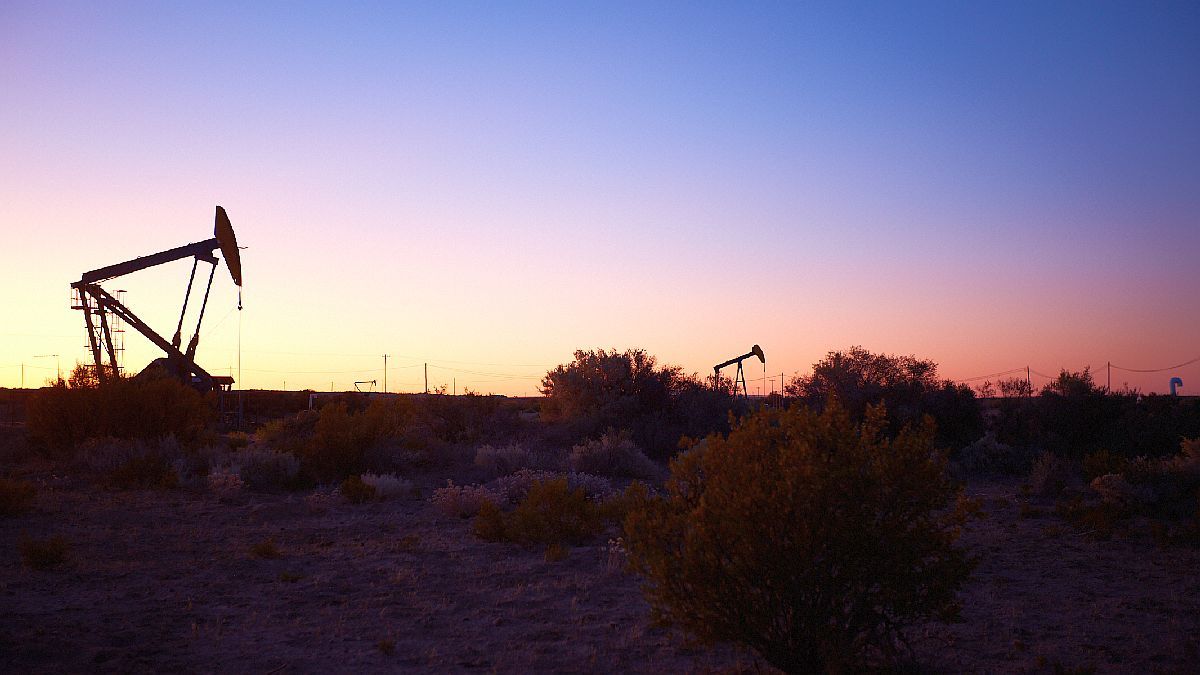The improvement in the parameters of the supply and demand of oil, as well as the supply cuts of the OPEC (Organization of the Petroleum Exporting Countries)together with the reduction in the production of Russia for the sanctions derived from the armed conflict with Ukraine and the sustained increase in demand from countries such as Indian and Chinesewill keep oil prices stable in the short and medium term, according to the most recent report “Oil & Gas benchmarking” who performs the PwC consultancy.
For Hernan Rodriguez Cancelopartner of PwC Argentina specialist in the energy industry, “oil prices will be slightly higher and will maintain a uptrend in the next 2 or 3 years”, a trend that will benefit Argentina due to the exploitation of Dead cow.
This trend also has to do with the consumption recoverycompared to the levels left by the pandemic, since, as it is a commodity, it is directly related to supply and demand,” he specified.
The report also highlights the fact that both China as Indiawhich are the main importers of oil, have recovered consumption volumes after the collapse of 2020. This, added to the reports that support the fact that the consumption will increase in the coming yearsto the point of remaining at 101 million barrels per day (b/d) or increasing to 102 million b/d, suggests a positive outlook for the oil market.
According to the specialist’s analysis, United States and Canada continue to reinforce their leadership in the market and are expected to increase their production in the coming years, while the OPEC It confirms its position of maintaining a limited production of between 45 million barrels per day, which leads to prolonged price stability for the coming years.
Beyond the scene stability or slight price increase, possible turbulences that could come from external factors are not ruled out, such as the recent banking crisis, which could alter the price trend while these uncertainties last. as warned.
p18-basile_opt.jpeg
post-pandemic. Employment in the provinces reflects that they recovered and exceeded the levels prior to the outbreak of the covid. In Neuquén, the record is linked to the performance of the Vaca Muerta formation.
“The irruption of the renewable energy it has had a low influence on the global energy matrix, and therefore, on oil consumption, despite the forecasts of market players, who expected that the process of transformation towards clean energy would put pressure on prices in the future close,” he warned.
Regarding this, “it is mainly due to the fact that the countries with the greatest demand for oil, such as China or India, are not so aligned with the Net Zero objectives, a scenario in which no major changes are expected in the next 3 or 4 years. ” indicated Ezekiel Mirazonpartner of PwC Argentina.
although in Europe The irruption of renewable energies has had a relevant impact, this is not observed in the rest of the world. Another factor that has had an impact is that the global energy matrix still has a significant dependence on coal, the most polluting of the energy alternatives, so that in the short term it could be expected to replace it in favor of oil and gas.
Source: Ambito




